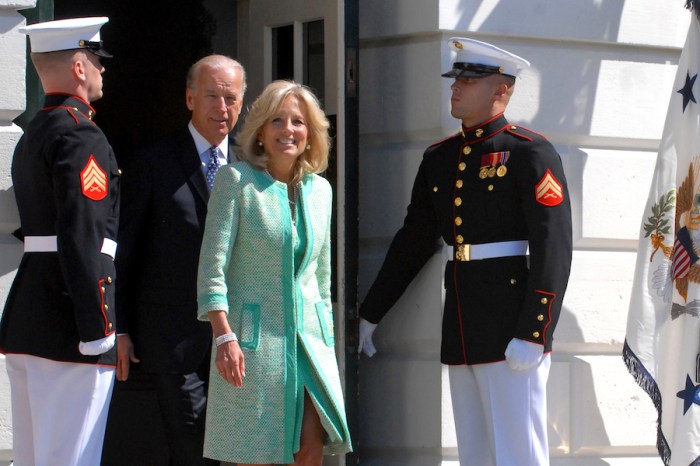Spring break should be a carefree time for children, but for many, those days spent away from their public schools can mean days spent hungry.
Nationwide, nearly 1 in 6 children live in households that struggle to put food on the table.
The need is equally pressing in Cambridge, where a nonprofit organization has been filling students’ backpacks with food for the weekends and holidays.
The group, Food for Free, provided 500 public school students with four days worth of food and drinks last week through its Cambridge Weekend Backpack Program.
The provisions included fresh fruit, vegetables, milk, healthy snacks and breakfast foods. They were all slipped into backpacks before the week-long break that just ended.
Alanna Mallon founded the program in 2013, before joining Food For Free, where she is now program director. Based in Cambridge, Food For Free collects fresh food that would otherwise be discarded and distributes it to those in need. The backpack program provides food for children over the weekends and holiday breaks, filling the gaps during the time when kids don’t have access to a school cafeteria. It has been such a success that Mallon is now setting her sights on incorporating it into the far larger Boston Public Schools.
The issue of students who struggle to afford their lunch has made headlines recently, as school districts work to ban “lunch shaming” practices that target kids who can’t pay their food bill. Concerned adults across the country have started paying off those debts after one writer’s tweet inspired the act of kindness. Mallon first heard about the issue from a radio story in 2013. She thought of her own children, who at the time attended the Tobin Montessori School in Cambridge.
She also thought of their classmates. “I couldn’t shake the thought, ‘What if there are kids in my kids’ classrooms who were hungry?’” she said. After inquiring with Tobin’s principal, she learned the school did not have the budget to help “food insecure” students on weekends or holidays. But the principal told her, “if you can finance it, we can connect you to kids who need it.”
Her program started a short time later, with 15 students. It now feeds about 500 kids from all 16 schools in the Cambridge district.
From the beginning, the results were immediate and obvious, Mallon said. Children who had been withdrawn showed more energy and began participating in class more, she said. Trips to the principal and nurses office became less frequent and teachers reported that the students who benefited from the program were more alert and less anxious on Fridays and Mondays.
“We don’t have much time for these kids in school,” she said. “If two of five days of the week are tough for them just because they’re hungry, that’s a lot of time missing school.” She added, “We need to start thinking about how food can affect the achievement gap and close it. … It’s our responsibility to make sure they succeed.”
How you can help
Similar programs to Food For Free’s Cambridge Weekend Backpack Program exist exist across the country. Some states like Colorado even had detailed toolkits for launching a program. If you’re interested in starting your own, Mallon suggests first identifying the school to help and schedule a meeting with the principal. She has assisted parents who have started their own programs in Salem, Somerville and other towns statewide.
Food for Free also welcomes volunteers.
“There are hungry kids in every community, it doesn’t matter where you live,” Mallon said.






















